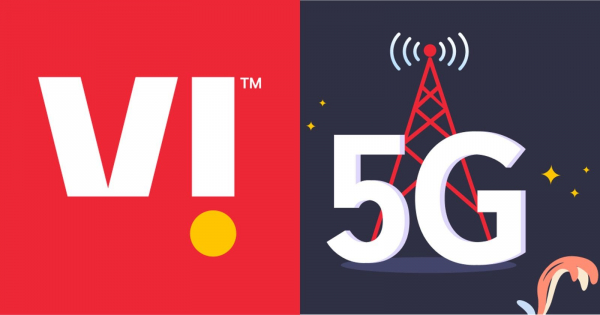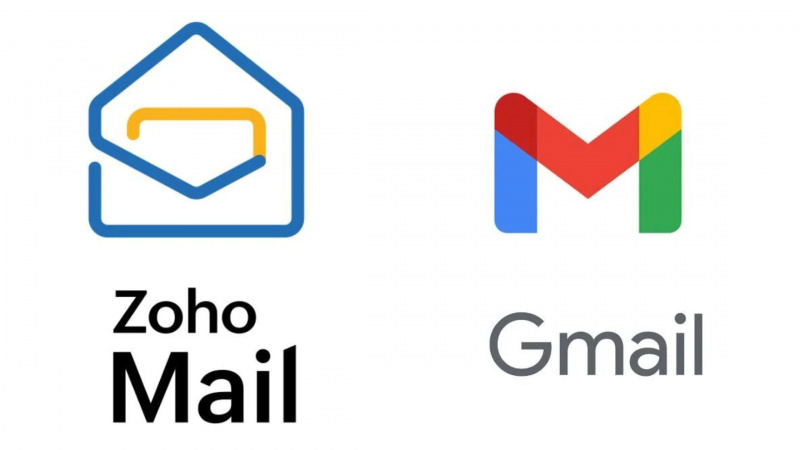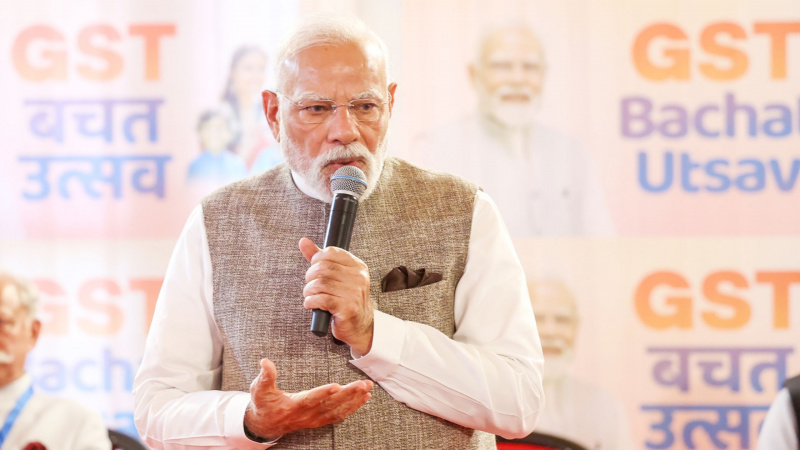Vodafone Idea to Launch 5G Services in Delhi and Mumbai by March 2025
Jagbir Singh expressed confidence that once the network upgrades are completed, Vi will cease losing subscribers within a few months. The company is focused on
- by B2B Desk 2024-10-17 06:54:17
Vodafone Idea (Vi) has announced plans to launch its 5G services by March 2025, starting with Delhi and Mumbai. According to a report, the company's Chief Technology Officer, Jagbir Singh, revealed that Vi will roll out 5G across 17 regions, prioritizing metro cities and major urban areas.
In addition to its 5G plans, Vi aims to expand its 4G network coverage to reach 90% of India's population by June 2024. Currently, Vi's 4G network covers about 77% of the population, approximately 1.03 billion people. The company is working to enhance its network capabilities to better compete with rivals Reliance Jio and Bharti Airtel.
As part of its strategic revival plan, Vi has raised Rs 24,000 crore through equity funding, including Rs 18,000 crore from a follow-on public offer. The majority of these funds will be allocated to upgrading the 4G network and supporting the 5G launch.
Jagbir Singh expressed confidence that once the network upgrades are completed, Vi will cease losing subscribers within a few months. The company is focused on enhancing service quality and meeting growing demand by leveraging all available spectrum bands, including 900 MHz, 1800 MHz, 2100 MHz, 2300 MHz, and 2500 MHz.

Particularly, the 900 MHz band, known for its superior coverage in urban and indoor areas, is a key focus. Vi plans to significantly increase the number of cell towers using this spectrum from 55,000 to 150,000. Of these, 50,000 new sites are already operational, with the remaining expected to be completed within the next nine months.
To facilitate the expansion, Vi has partnered with major tower providers like Indus Towers, ATC, and Tower Vision, ensuring no delays in project execution. The additional towers are slated to become operational starting November, aiding in a smoother rollout process.
However, Vi did not provide any comments on whether it has cleared outstanding payments to tower companies like Indus Towers. Additionally, the company has decided not to renew network contracts with Chinese-origin vendors as it modernizes its infrastructure. Vi has issued a request for proposals (RFP) to replace outdated Chinese equipment, planning a phased approach over the next two years rather than an immediate overhaul.
In its modernization efforts, Vi is exploring a virtualized radio access network (vRAN) and has partnered with South Korean tech giant Samsung in Karnataka, Bihar, and Punjab regions. However, their experiments with openRAN technology, which offers more network flexibility, have not been successful. Despite collaborating with US-based Mavenir and deploying openRAN in 25 sites in Jalandhar, the results were disappointing due to higher costs and technical issues.
Overall, Vodafone Idea's strategic focus on expanding and upgrading its network infrastructure aims to enhance service quality and position the company more competitively in India's telecommunications market.
Also Read: Mahindra Finance Collaborates with Salesforce to Boost MSME Lending
POPULAR POSTS
The Agentic Revolution: Why Salesforce Is Betting Its Future on AI Agents
by Shan, 2025-11-05 10:29:23
OpenAI Offers ChatGPT Go Free in India: What’s Behind This Big AI Giveaway?
by Shan, 2025-10-28 12:19:11
Zoho Products: Complete List, Launch Years, and What Each One Does
by Shan, 2025-10-13 12:11:43
Arattai vs WhatsApp: Which Messaging App Should You Choose in 2025?
by Shan, 2025-10-10 11:55:06
Top Buy Now Pay Later (BNPL) Apps for Easy Shopping in 2025
by Shan, 2025-09-22 10:56:23
iPhone 17 Sale in India Begins: Full Price List, Launch Offers and Store Availability
by Shan, 2025-09-19 12:00:45
Apple September 2025 Event Recap: iPhone 17, iPhone Air, Apple Watch Series 11, and India Pricing Revealed
by Shan, 2025-09-10 09:55:45
RECENTLY PUBLISHED

Loan EMIs to Drop as RBI Slashes Repo Rate - Full MPC December 2025 Highlights
- by Shan, 2025-12-05 11:49:44

Pine Labs IPO 2025: Listing Date, Grey Market Premium, and Expert Outlook
- by Shan, 2025-11-05 09:57:07

Top 10 Insurance Companies in India 2026: Life, Health, and General Insurance Leaders Explained
- by Shan, 2025-10-30 10:06:42

Best Silver Investment Platforms for 2025: From CFDs to Digital Vaults Explained
- by Shan, 2025-10-23 12:22:46

Zoho Mail vs Gmail (2025): Which Email Platform Is Best for Businesses, Startups, and Students?
- by Shan, 2025-10-09 12:17:26

PM Modi Launches GST Bachat Utsav: Lower Taxes, More Savings for Every Indian Household
- by Shan, 2025-09-24 12:20:59




 Subscribe now
Subscribe now 